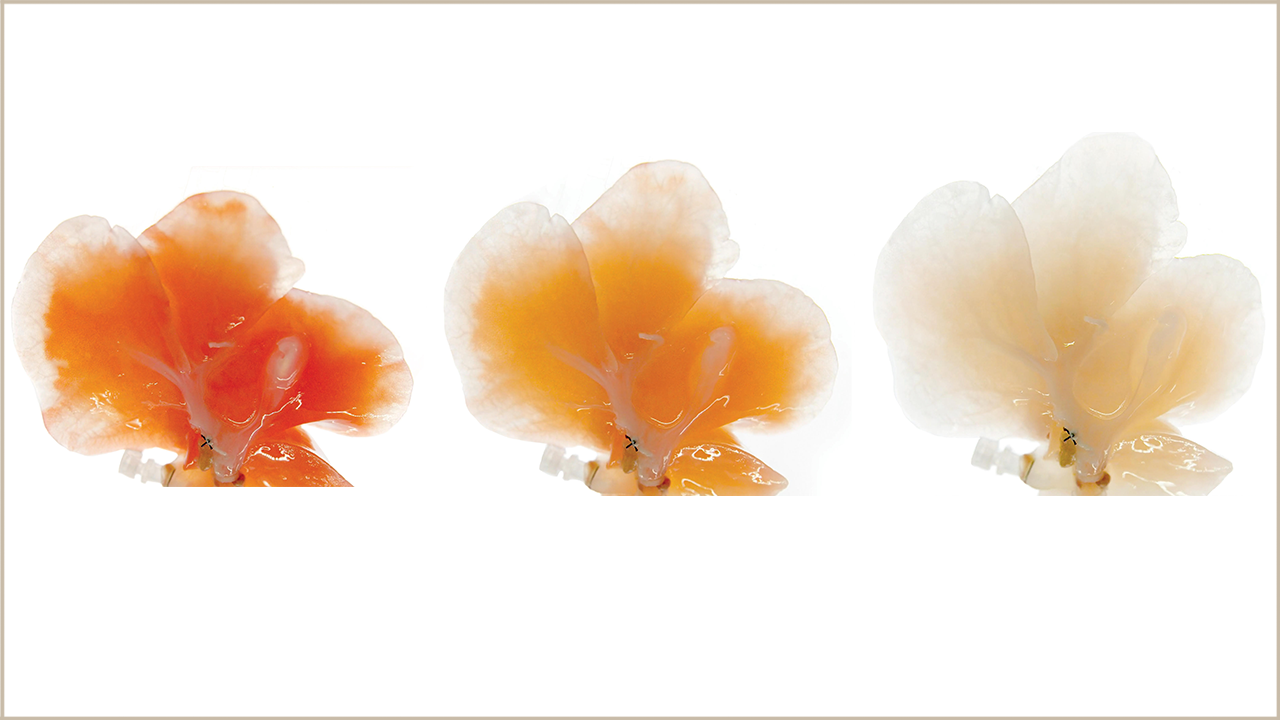
Depiction of perfusion decellularization. Photo courtesy Miromatrix
More than 104,000 Americans are waiting for a lifesaving organ transplant—an average of 17 of them die each day. University of Minnesota startup Miromatrix is on a mission to eliminate this waitlist using organs from pigs.
Using a procedure developed by Doris Taylor and Harold Ott at the University in 2008, Miromatrix takes pig organs that would have been discarded, washes out the existing cells then replaces them with human cells in a process known as perfusion decellularization.
Miromatrix went public in 2021 with a $43 million initial public offering and a team of 70 employees, many of whom are UMN alumni. The company is currently moving toward creating bioengineered kidneys and livers, with plans to begin clinical studies in 2024.
The U of M is one of the oldest and most successful transplant centers in the world.